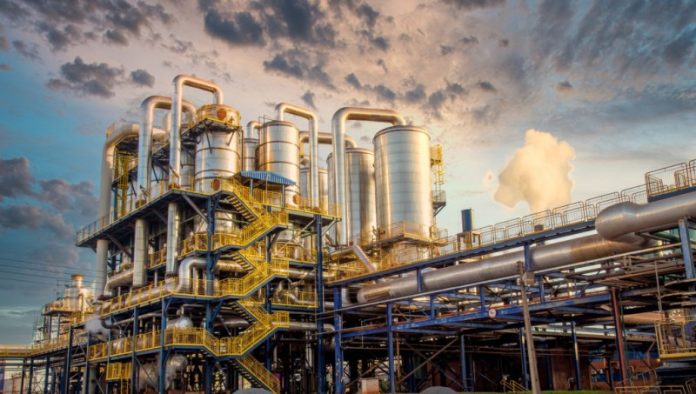A Guide to Water Filtration Systems for Businesses
Reliable access to clean, safe water is one of the critical factors in establishing and maintaining a business. Contaminated or hard water can cause equipment malfunction, increased maintenance costs, and even non-compliance with industry regulations.
Moreover, water quality affects the quality of products and services and customer experience. It applies to entities in various settings, from laundromats, auto detailers, restaurants, and hotels to educational institutes, hospitals, and manufacturing plants.
Because of that, using commercial water filters has become more crucial than ever to ensure efficiency and success. If you’re considering installing one for your establishment, let’s explore the different water filtration systems and their unique features and capabilities. This article also touches on the industries they’re most useful in and other vital considerations to help you make an informed decision.
Sediment Filters
These filters remove suspended particles like rust, sand, and silt from water. They are also often used as a pre-treatment stage to shield sensitive filtration systems from damage. Sediment water filters are also available in varying forms, such as spun, string-wound, and pleated. No matter which type, they are all designed to effectively clear out large contaminants from water and extend the longevity of your water filtration system.
Activated Carbon Filters
Also known as charcoal filters, carbon water filters are imbued with activated carbon to trap and absorb impurities efficiently, including chlorine and volatile organic compounds. The process eradicates unpleasant odors and tastes and improves the safety of drinking water. Because of its capabilities, this filtration system is perfect for businesses concerned about chemical contaminants.
Ion Exchange Filters
These water filters use natural chemical reactions to replace inorganic particles and unwanted ions for ions like sodium and potassium. They can remove minerals, such as calcium and magnesium, that create hard water, enhancing the effectiveness of soaps and detergents.
Additionally, they can prevent scale build-up in appliances, boilers, pipes, and plumbing fixtures, reducing potential performance and maintenance issues. Usually, ion exchange water filters are combined with other filtration methods to discard contaminants more effectively. They’re the best filters for hotels, laundromats, and other businesses relying on soft water.
Deionization Filters
These filters eliminate ions, minerals, nitrates, carbonates, and chloride to produce high-purity water. They force water through resin beds with positive and negative electrical charges to attract and trap the target ions. It’s also crucial to note that deionized filtration systems don’t use chemicals. Because of that, they’re the best choice for industries following strict safety standards, like food service businesses and pharmaceuticals.
Ultraviolet (UV) Filters
This water filter uses UV light technology to penetrate the cell walls of microbial contaminants, such as bacteria and viruses, and eliminate them. It has a bulb or lamp to project the intense UV light waves and a protective quartz sleeve to transmit it when operating. This chemical-free method can effectively disinfect water without changing its smell or taste.
It’s essential to note that UV water treatment filters and systems are used alongside other filtration options as additional layers of protection. They are ideal for hospitals, medical facilities, and food processing plants, where water must be free of pathogens and microbiological contaminants. Restaurants and other food establishments also utilize them to provide safe water for drinking and cooking.
Reverse Osmosis (RO) Systems
RO systems catch solid particles, dissolved salts, heavy metals, microorganisms, and other contaminants through a series of delicate semi-permeable membranes. They also come with several pre-filters to protect the membranes against damage from chlorine and other particles.
Many regard the RO system as a comprehensive water treatment solution since it produces pure water. Its exceptional capabilities make it the perfect choice for drinking and preparing food. Businesses requiring high-purity water, like pharmaceuticals, laboratories, and electronic manufacturers, will also benefit from using this type of filter.
Maintenance Requirements
When selecting water filtration systems for businesses, you must also consider the maintenance needs and costs, which may vary depending on the type and model. Sediment and carbon filters are relatively affordable and easy to care for and replace if necessary. On the other hand, ion exchange, UV, and RO systems require more frequent and intensive upkeep and are more expensive due to their complexity.
Navigate Commercial Water Filters With Expert Guidance
Investing in a water filtration system pays dividends for your business by enhancing safety, equipment longevity, and product or service quality. No matter what kind of establishment you operate, using water filters can help you maximize your return on investment. Contact your local water treatment solutions provider to explore the best options that suit your business’s needs.








